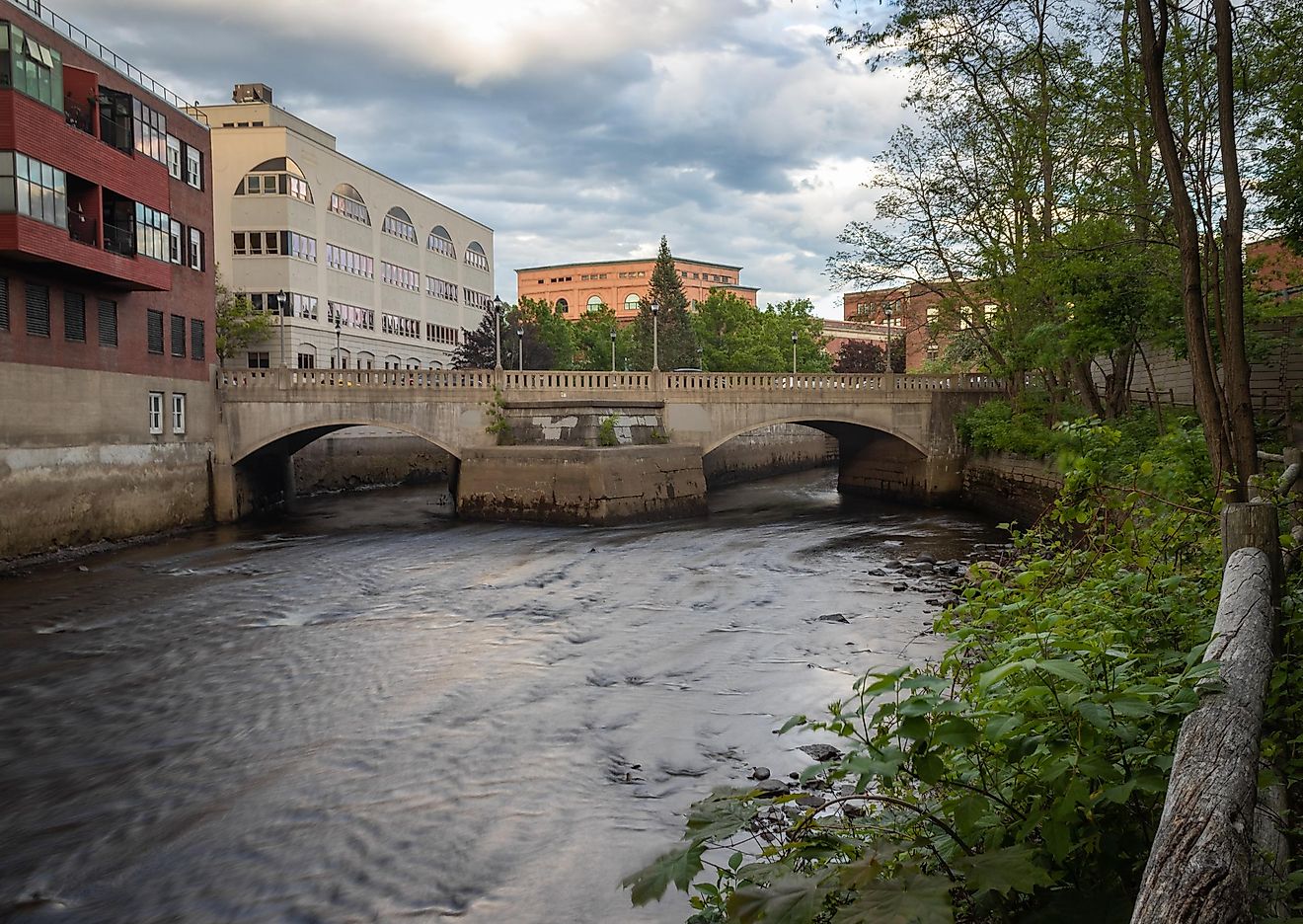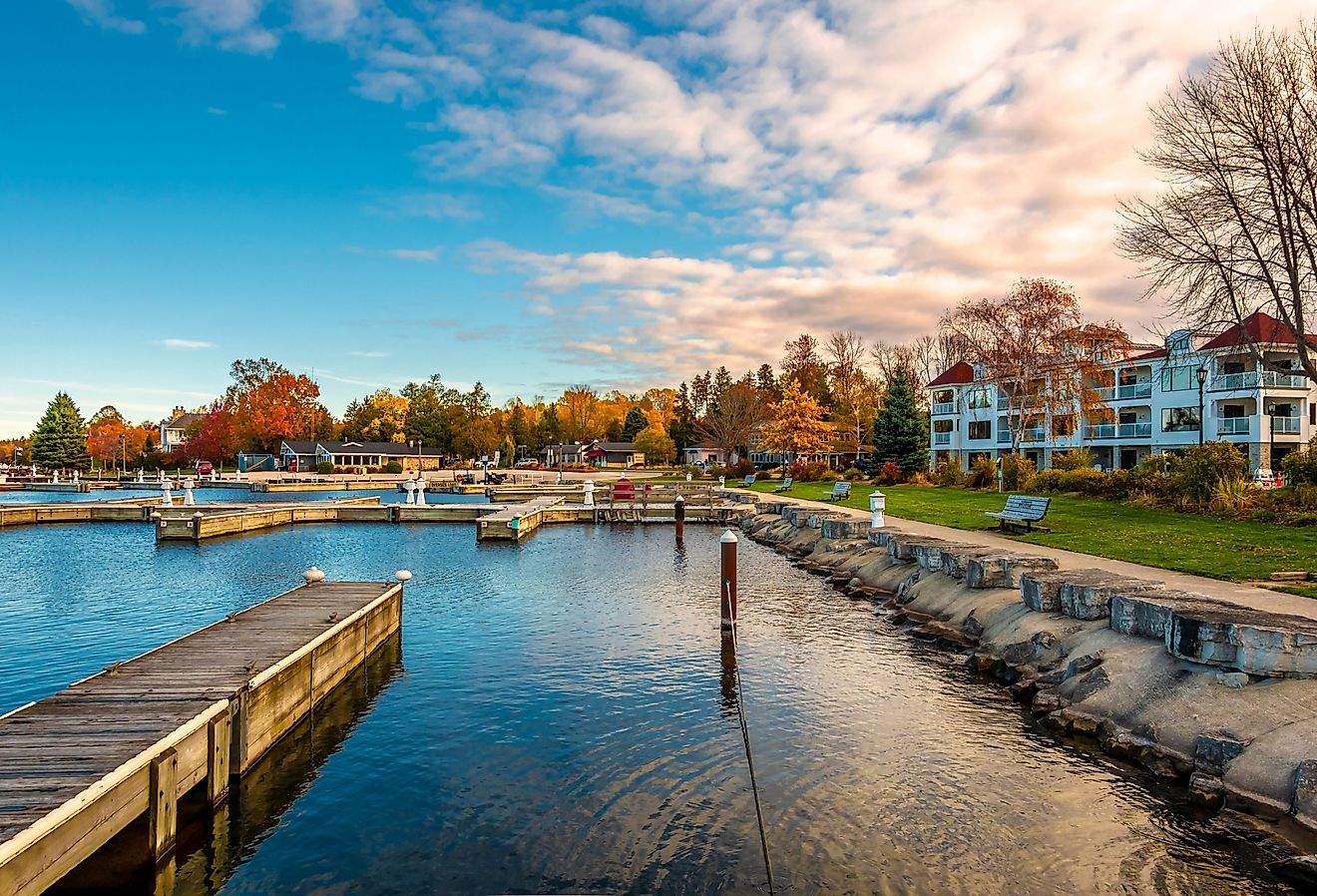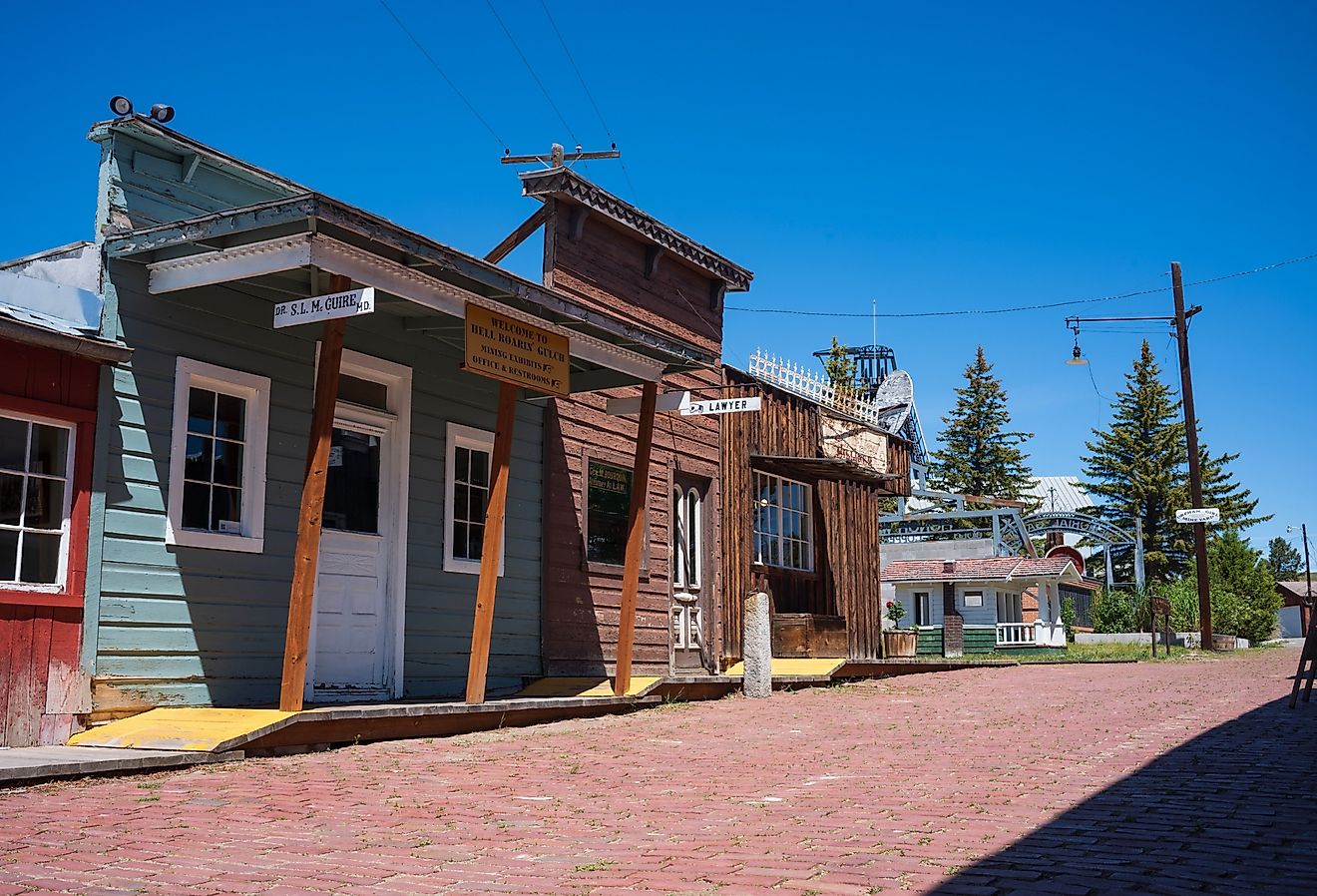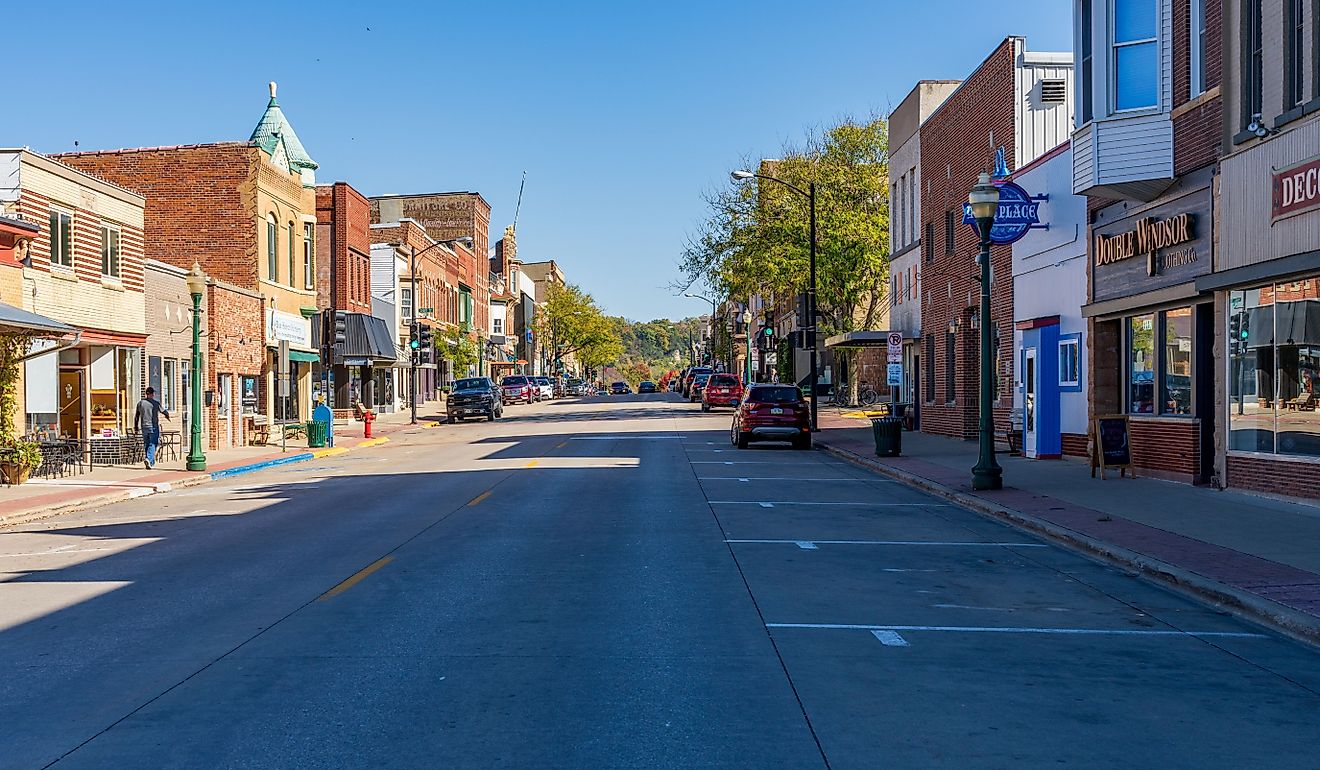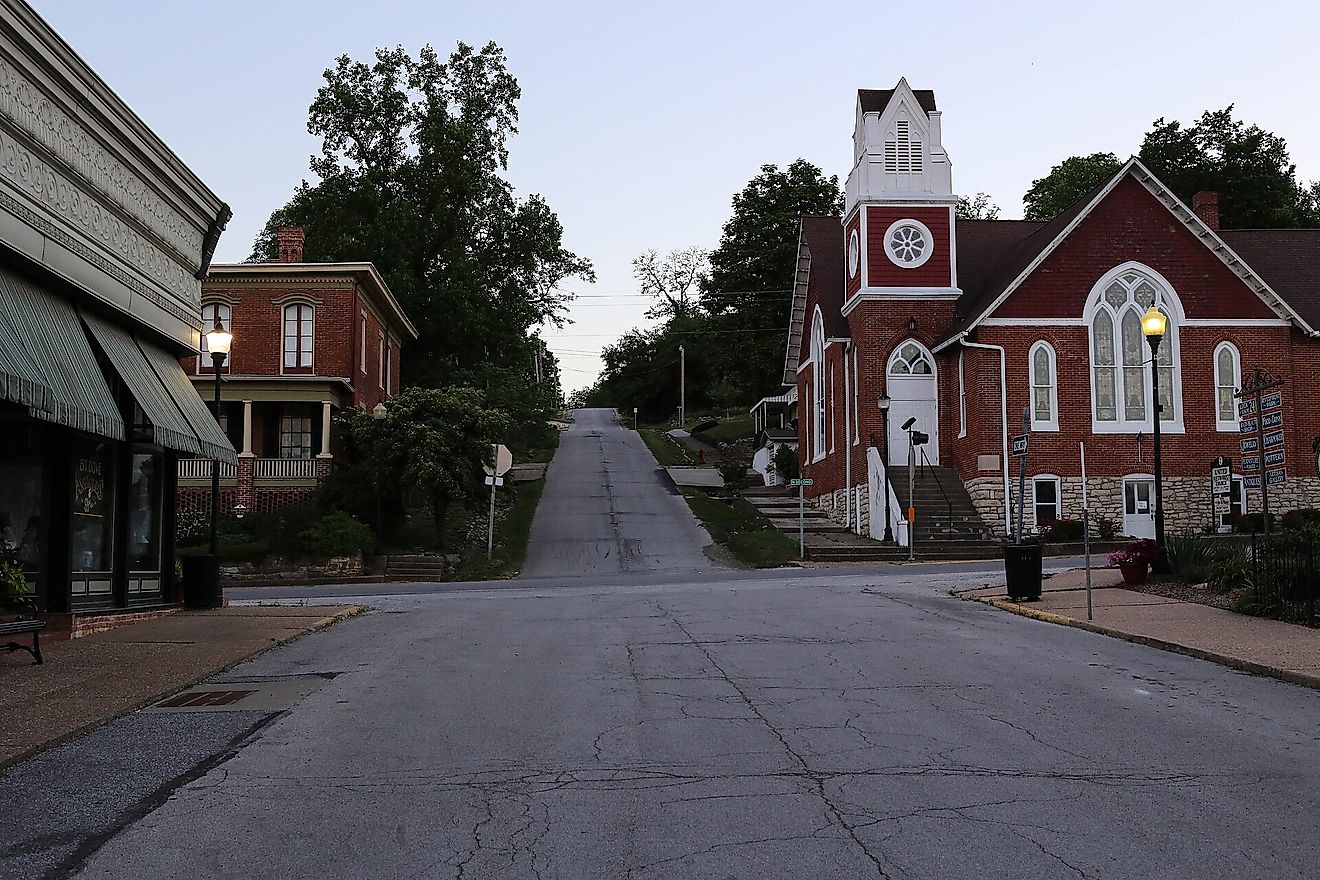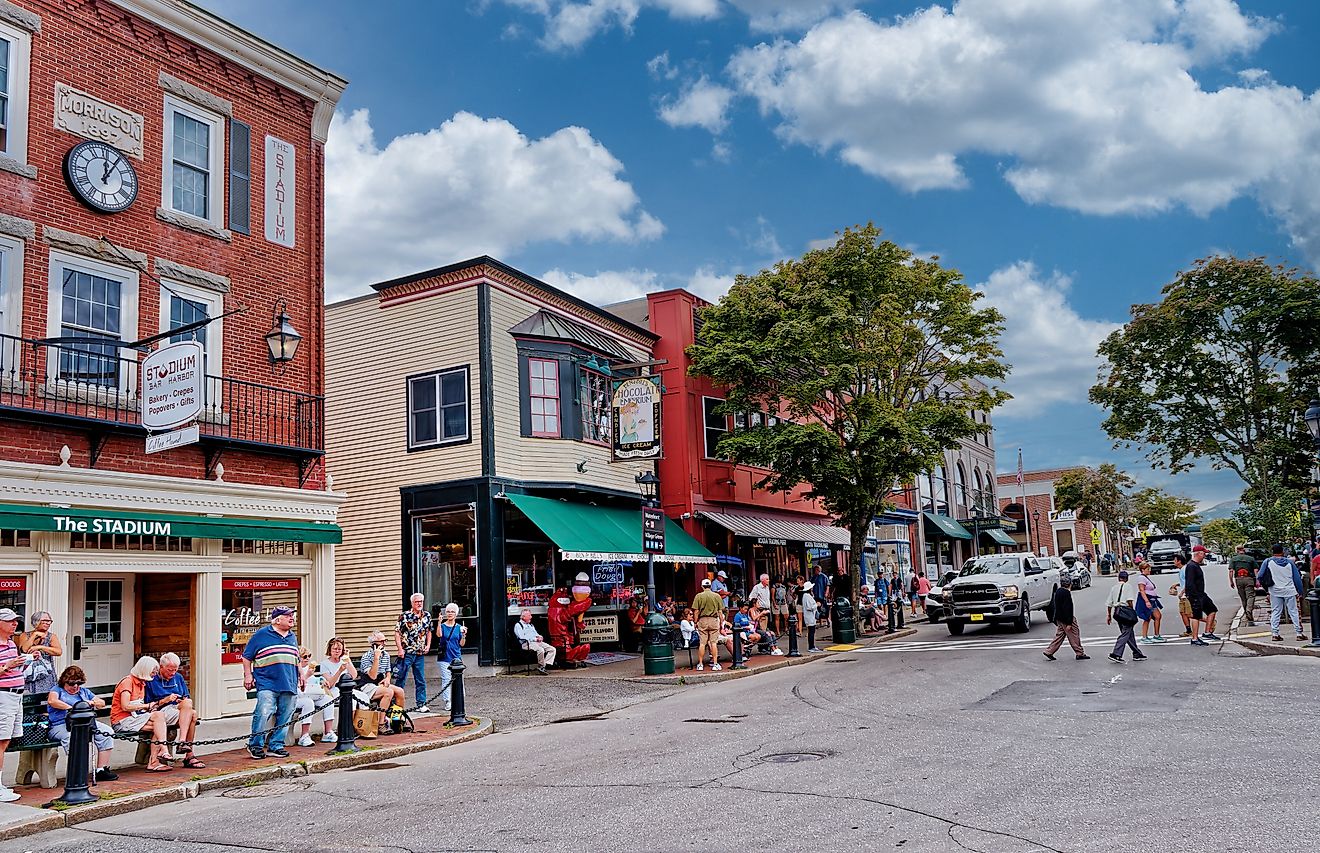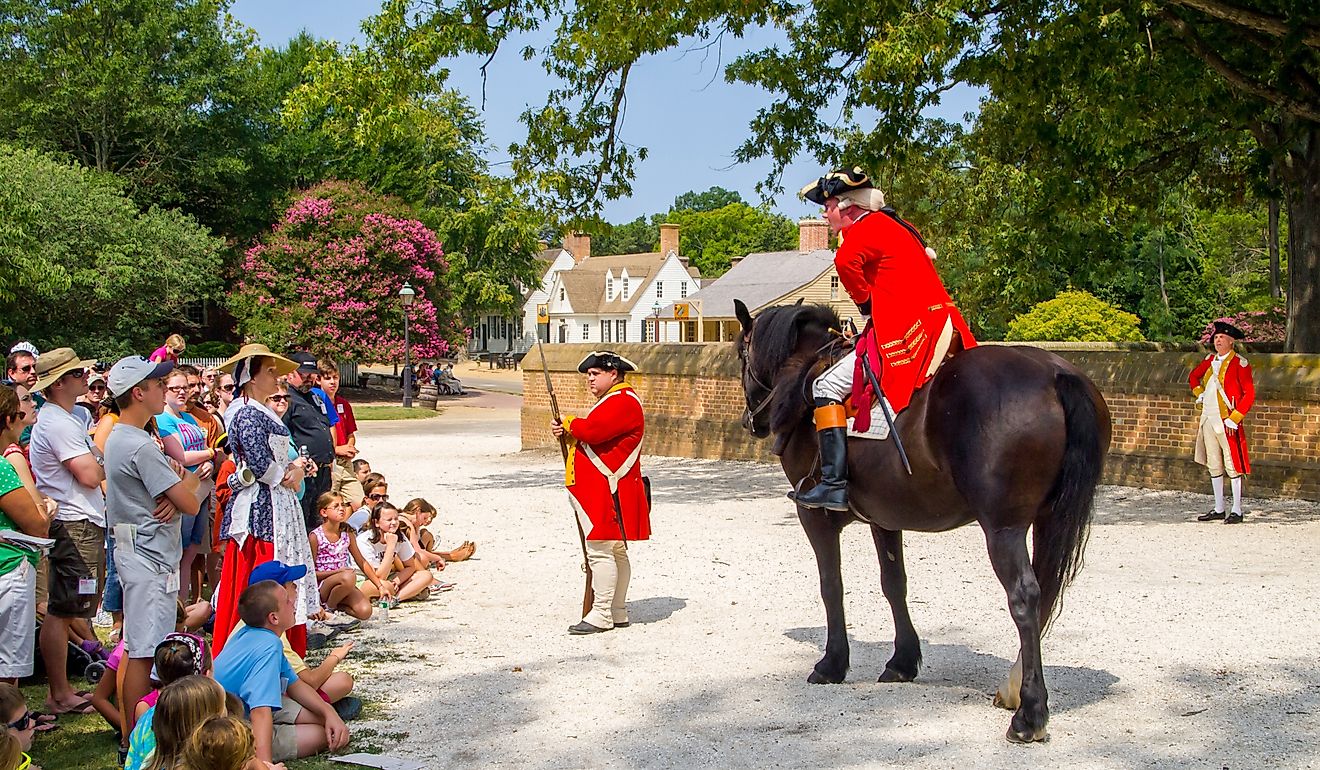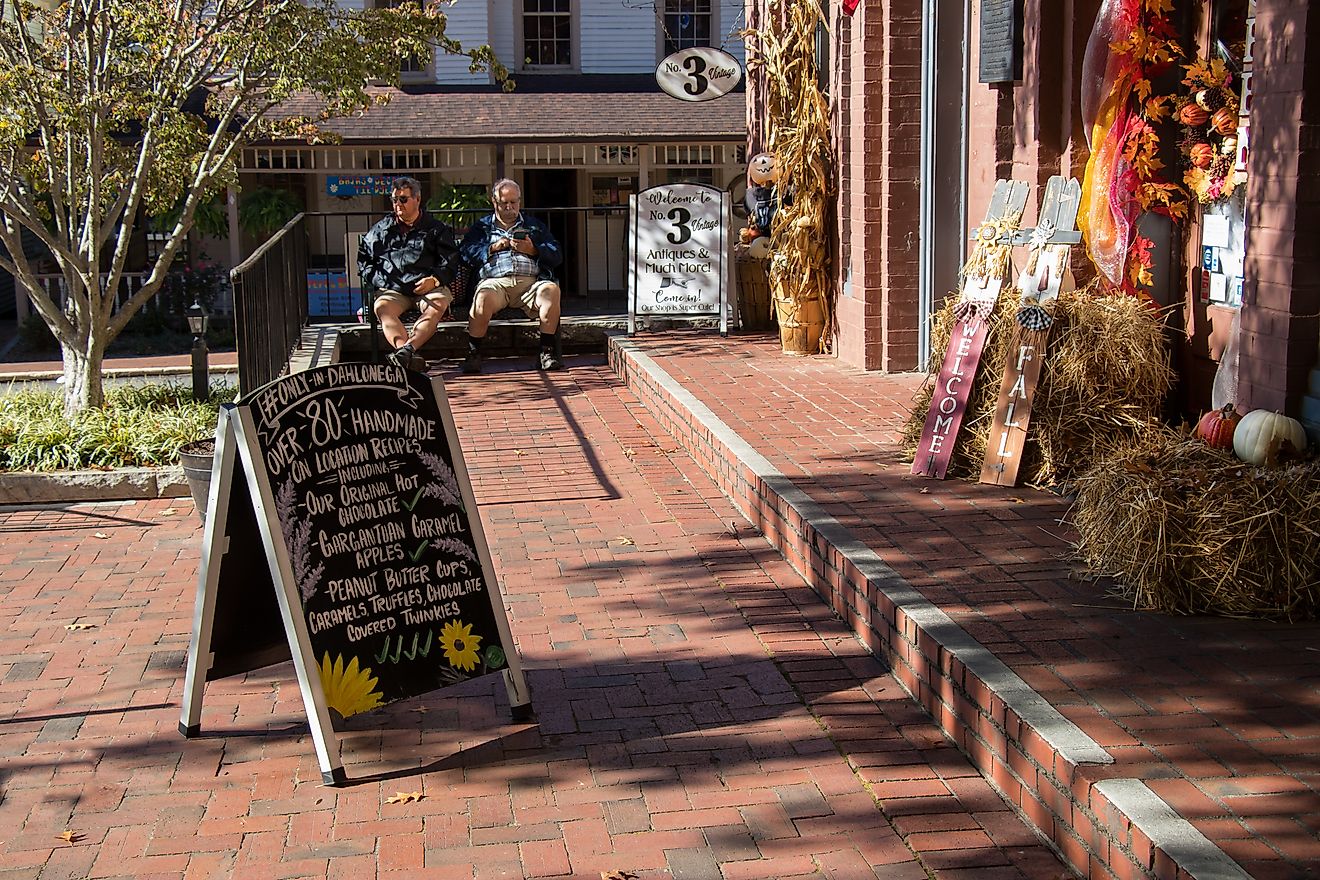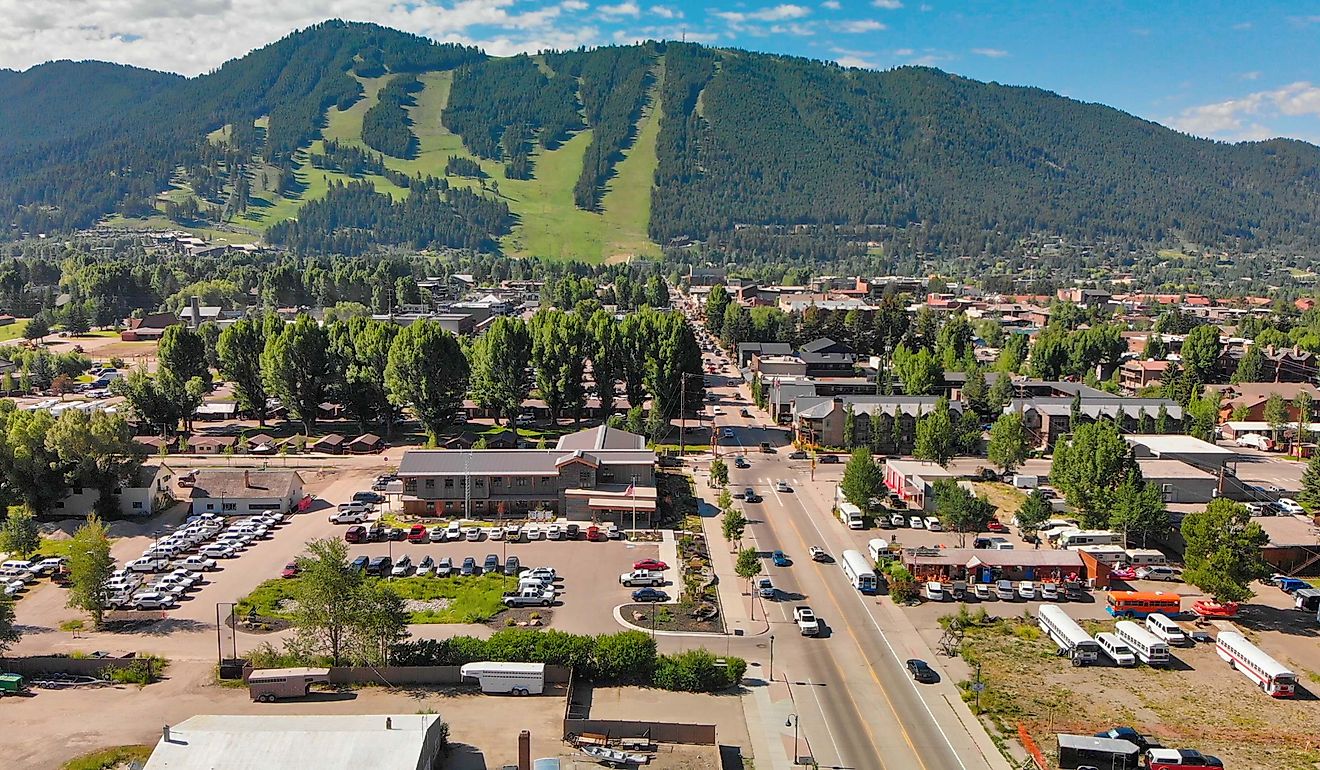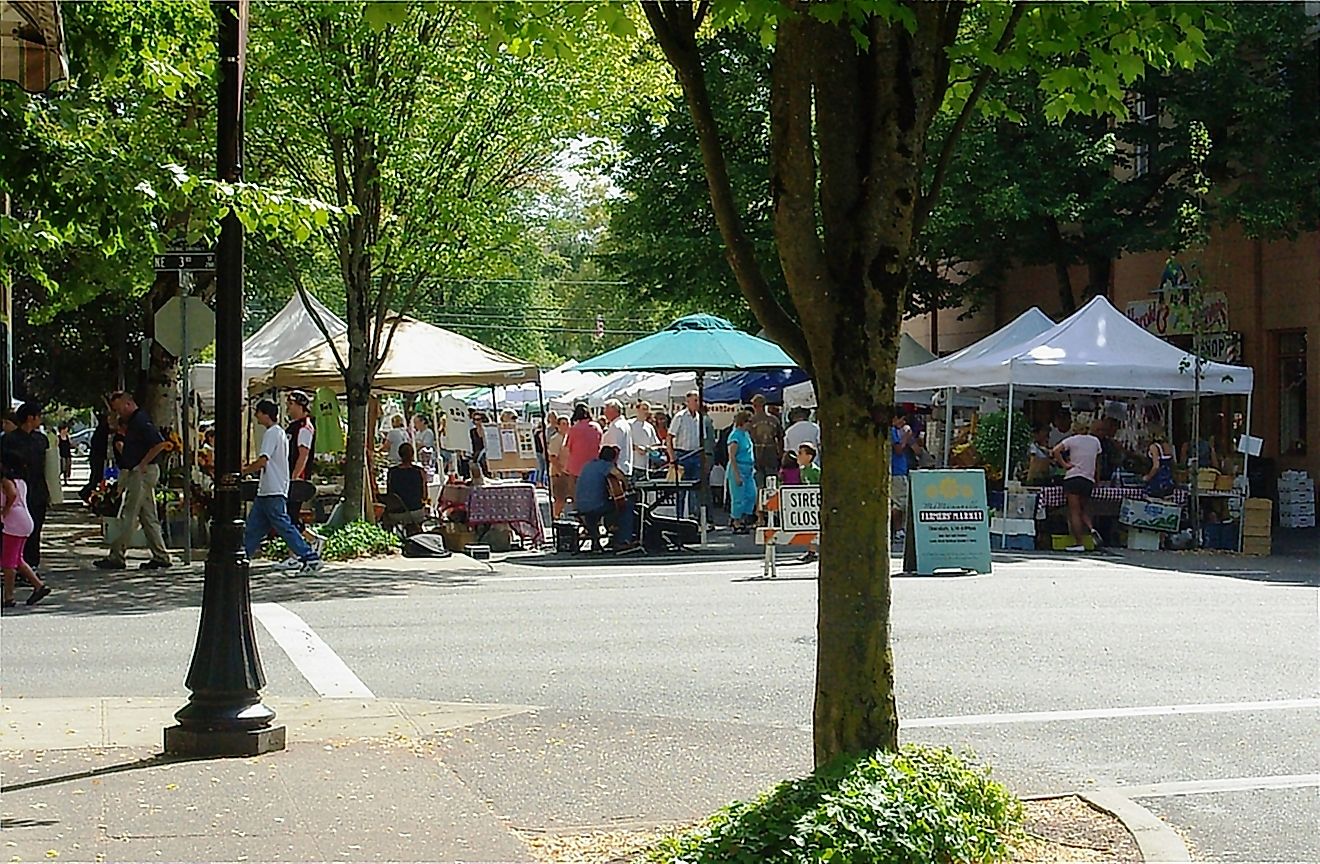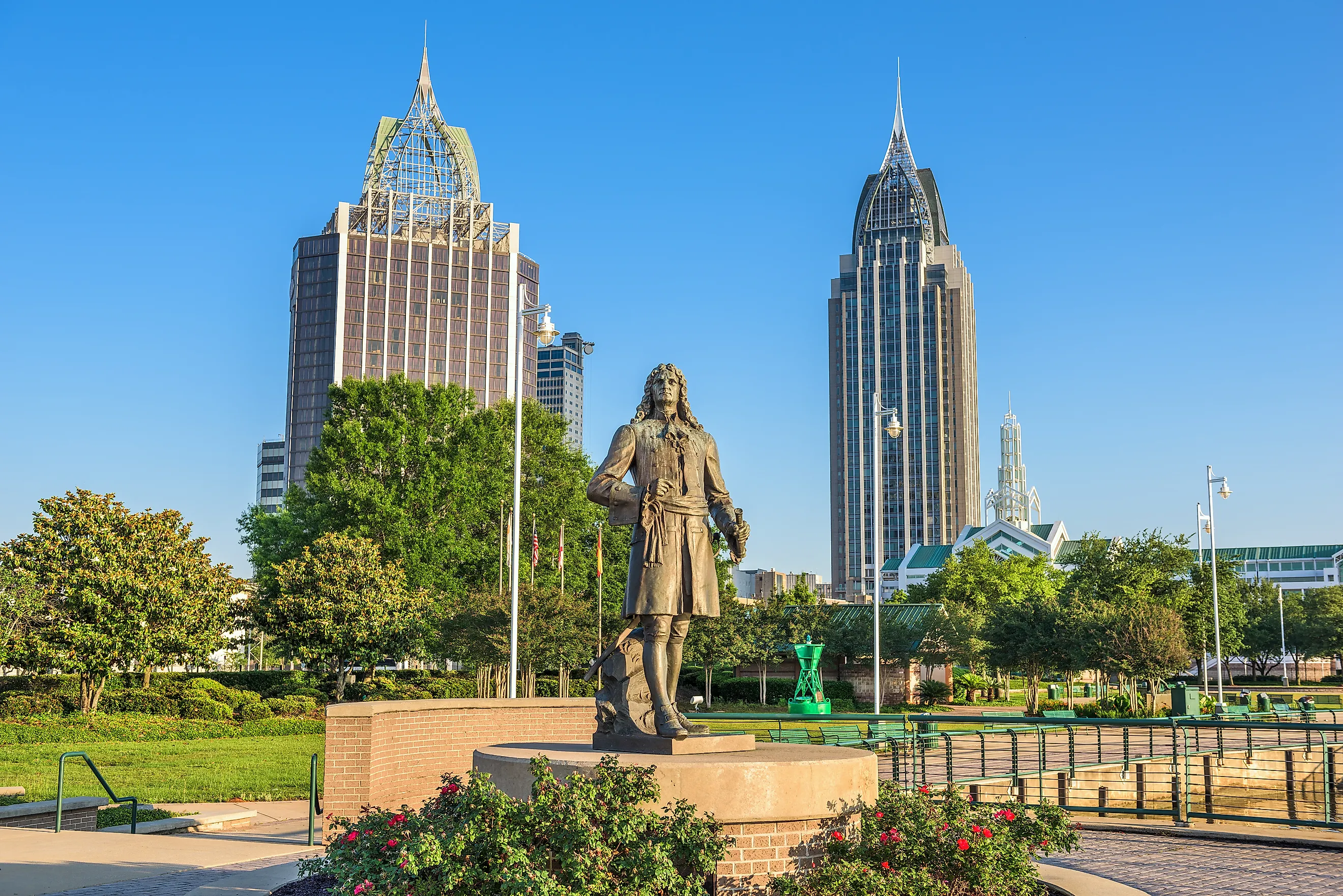
This Alabama Town Is Older Than the State Itself
Now a bustling seaport on Alabama’s Gulf Coast, the city of Mobile comes from some very humble beginnings. This dynamic town has always been a key trading and transportation hub, thanks to its strategic location on Mobile Bay with access from there into the Gulf. Established by French settlers in 1702, Mobile is Alabama’s oldest-founded town and has all the mystique, personality, adventure, and attractions you’d expect from watching over 300 years of history unfold.
Mobile’s Early European Influences
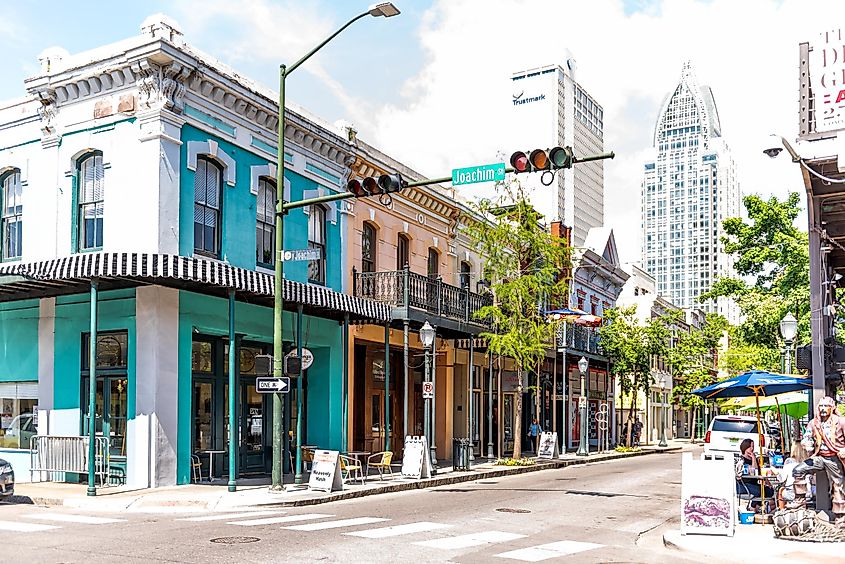
Mobile takes its name from the Maubilla Indians who occupied the area before European settlers arrived. Although the Spanish were the first to explore the site in 1512, it wasn’t until two centuries later that it would become a settlement.
In 1702 French colonists established several forts along the Mobile River. One of those forts was Mobile, which served as the capital of French Louisiana until 1719. Thanks to a booming fur trade between the colonists and the Indigenous peoples of the area, Mobile thrived and grew rapidly into a busy hub of commerce.
In 1763, Mobile was ceded to England as French power in the region waned and it wasn’t the last time the town would pass through European hands — the Spanish took the town during the Revolutionary War and ruled until 1813 when the United States army occupied it. Alabama was established as a territory in 1817 and became a state two years later. After a century of European settlement, Mobile was finally an American city.
Growth and War in 19th-Century Mobile
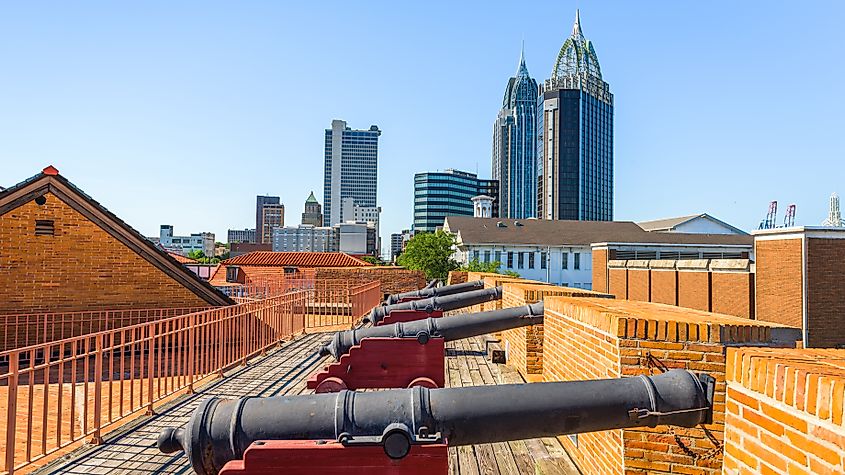
By the mid-1800s, Mobile was the second-largest international seaport on the Gulf Coast, and business was booming, particularly when it came to cotton exports, which were thriving thanks to the invention of the cotton gin. The birth of steam-powered transportation, the Industrial Revolution, and the influx of new immigrants ready to farm the land around Mobile led the town into its most prosperous era so far.
Harder times were just around the corner, however. With the outbreak of the Civil War, Mobile’s port became an important military asset. Following a Union blockade, the town was overcome by the infamous Battle of Mobile Bay, waged in 1864.
After the war, Mobile struggled to recover but got a boost from the revival of the lumber industry. Improvements were made to the city’s harbor and its economic fortunes were restored, becoming the home of the first locally owned and operated shipping fleets in the south.
Today, Mobile is still a thriving center for commerce and industry but it’s now added tourism to the mix. The town welcomed nearly 3.5 million tourists last year with many of the visitors coming to enjoy its historic attractions, iconic sights, and traditional events and festivals.
Historic Attractions in Mobile
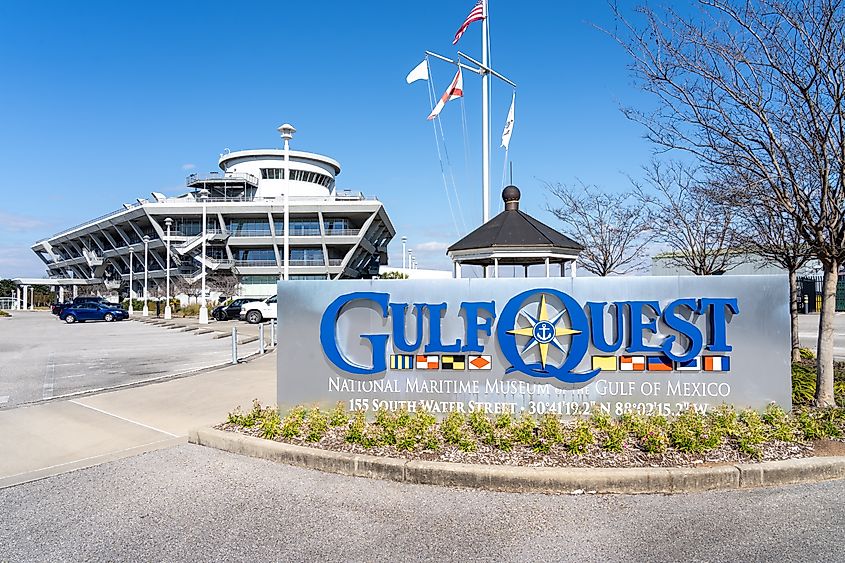
Mobile’s long history as a seaport is explored in the National Maritime Museum of the Gulf. The museum contains more than 80 exhibits, including historic shipwrecks, a ship simulator that allows visitors to pilot a craft into Mobile Harbor, and a replica of a ship’s hull and bunkrooms. The museum covers all aspects of life on the Gulf from its commercial shipping history to the evolution of its vibrant ecosystem.
In 1860, more than 50 years after the U.S. outlawed the international slave trade, an illegal slave ship, the Clotilda, sailed into Mobile Bay with 110 Africans onboard. Years later, those enslaved Africans settled and formed a close-knit community in Mobile and the Clotilda Exhibit at the Africatown Heritage House tells their story.
The exhibit focuses on the people who sailed on the Clotilda, as well as the ship itself, which was discovered at the bottom of the Mobile River in 2019. All the pieces recovered from the wreck are on display at Heritage House, as well as documents and artifacts that shed light on the origins of Mobile’s historic Africatown community.
The Clotilda Exhibit at Africatown Heritage House is operated by the History Museum of Mobile, which also manages Colonial Fort Conde, a replica of a 1723 French fort. You can walk through the fort to see exhibits on 18th-century military life and learn about the area’s first inhabitants. Visitors can also walk the fort walls to enjoy stunning views over Mobile’s skyline.
Mobile Festivals and Events
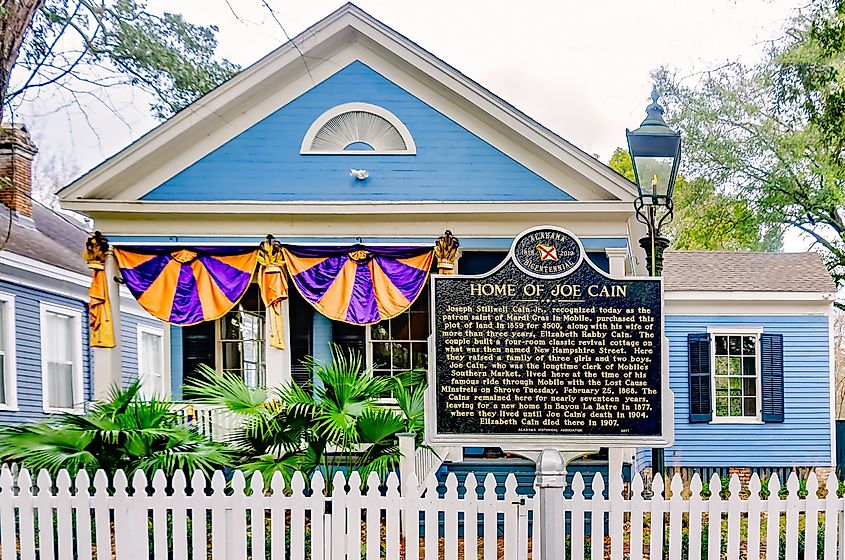
Mobile has long been a melting pot of different cultures and influences. One of the gifts this diverse mix gave to the town was how to throw a party. Known as the ‘birthplace of Mardi Gras’, Mobile held the first Mardi Gras festival in the nation in 1703. Learn more about that era at the Mobile Carnival Museum, where you can hear the story of the festival’s founding, its traditions, costumes, parades through the years, and more.
You can be a part of Mobile’s historic Mardi Gras tradition by joining in the festivities in spring. The carnival brings almost a million visitors to the town every year and involves parades, giant floats, colorful costumes, dancing, marching bands, and more.
The Sunday before Mardi Gras is known as Joe Cain Day in honor of the Mobile resident who started it all. Legend has it that local townsperson Joe Cain grew tired of the misery and sadness in Mobile in the aftermath of the Civil War and, in order to brighten spirits, led an impromptu parade down Main Street. Today, Cain is celebrated with his parade, which begins at the Church Street Graveyard where his widows throw off their mourning gear and march to his original house for a wild street party.
Joe Cain isn’t Mobile’s only famous son. The town also celebrates a better-known legend, Jimmy Buffett. Son of a Sailor Fest honors the late musician and Gulf culture with a free downtown festival at the end of summer. The annual street festival features a parade, parrot-head costume contest, and musical performances inspired by Buffett.
Melting Pot Mobile
Alabama’s oldest town, the birthplace of Mardi Gras, and the first seaport in the south, Mobile goes by many names, but it’s one of a kind. Over the decades, this timeless city has picked up different identities, cultures, and influences, giving it a heritage and history that you can almost feel as you explore the city. Still growing and changing, Mobile is a dynamic hub where past and present meet to offer visitors an unforgettable vacation.
